Why Grapple Truck Rentals Are a Smart Move for Heavy-Duty Cleanup
When large-scale waste and debris removal is on your radar, having the right truck in your fleet isn’t just helpful—it’s…
Stay ahead in the waste and recycling industry with insights that matter. From fleet strategies to financial flexibility, we share real-world solutions that help haulers, recyclers, and environmental service providers run stronger, smarter operations — all backed by a reliable fleet built to keep you moving.

When large-scale waste and debris removal is on your radar, having the right truck in your fleet isn’t just helpful—it’s…
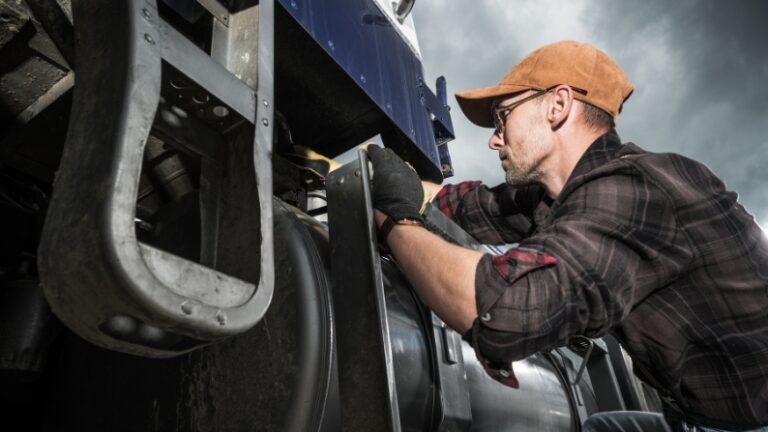
Garbage trucks work hard every day, collecting tons of waste and keeping cities clean. But like any heavy-duty vehicle, they…
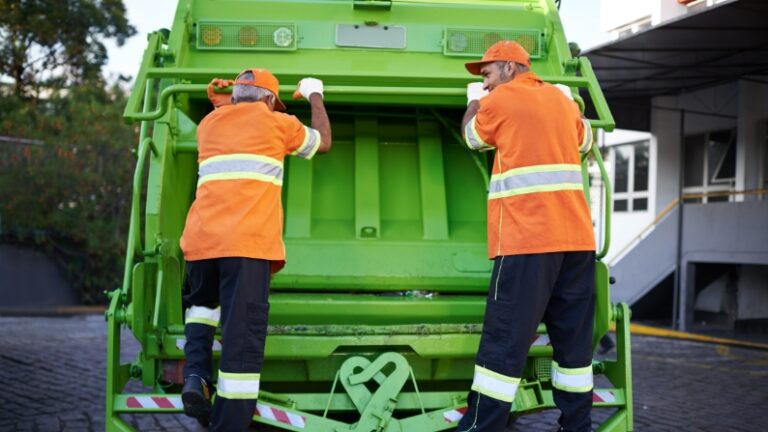
Garbage trucks do more than just pick up trash—they compact, transport, and unload waste efficiently. But how do garbage trucks…

Garbage trucks are essential for waste management, but their impact goes far beyond just collecting trash. Today, garbage trucks are…
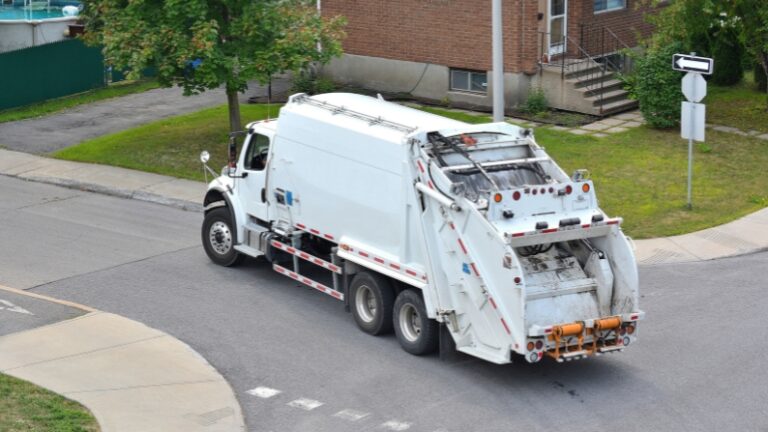
Owning a garbage truck comes with high costs, maintenance, and long-term commitments. That’s why many waste management companies choose to…
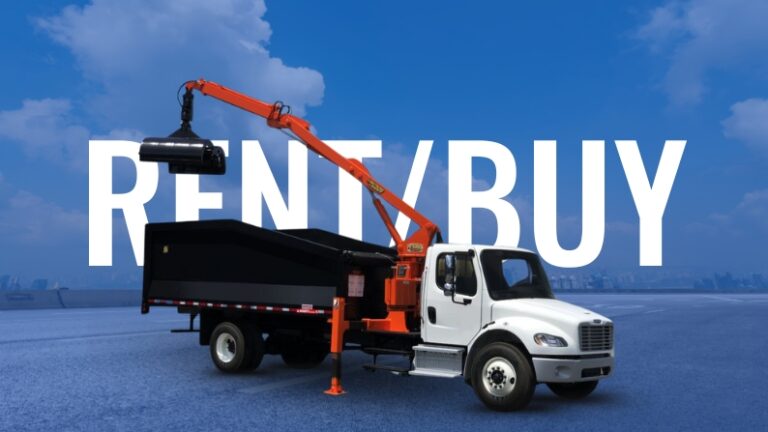
Owning a refuse truck comes with big expenses, from upfront costs to ongoing maintenance. That’s why many waste management companies…

Cities and towns across North America face growing demands for responsive, efficient services—from waste management to emergency cleanups. But with…

From bustling move-in days to massive stadium events, modern universities are more than just centers of learning—they’re small cities with…
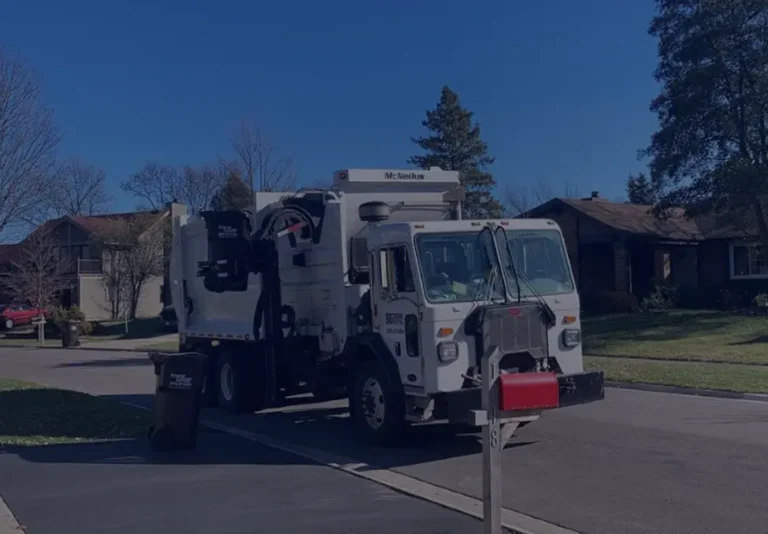
Independent haulers face a unique balancing act. Growth often means opportunity—but it also demands capital, strategy, and speed. As the…
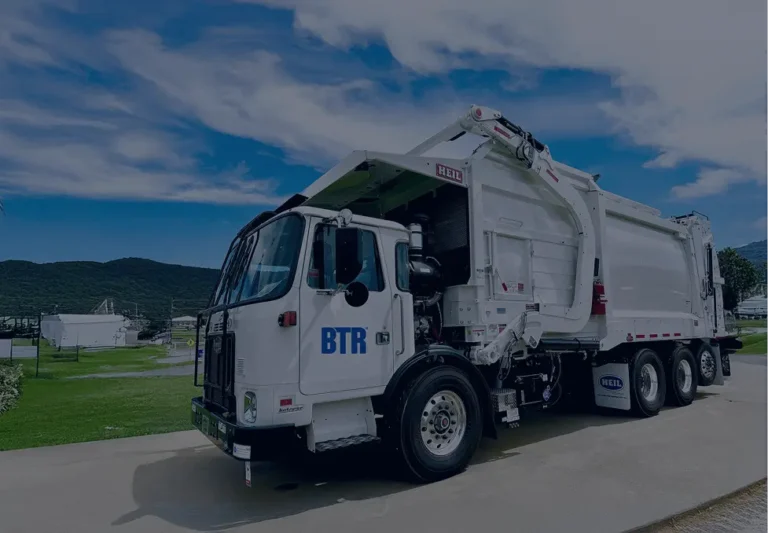
The environmental/waste industry is no stranger to challenges—capital constraints, aging fleets, rapid expansion demands, and seasonal fluctuations are all part…
We’re always adding new content to help you make better decisions for your fleet. We built our blog for haulers like you. It’s simple, honest, and packed with useful tips you can use right away.
If you’re ready to upgrade your fleet or have questions about the right truck for your job, we’re here to help.